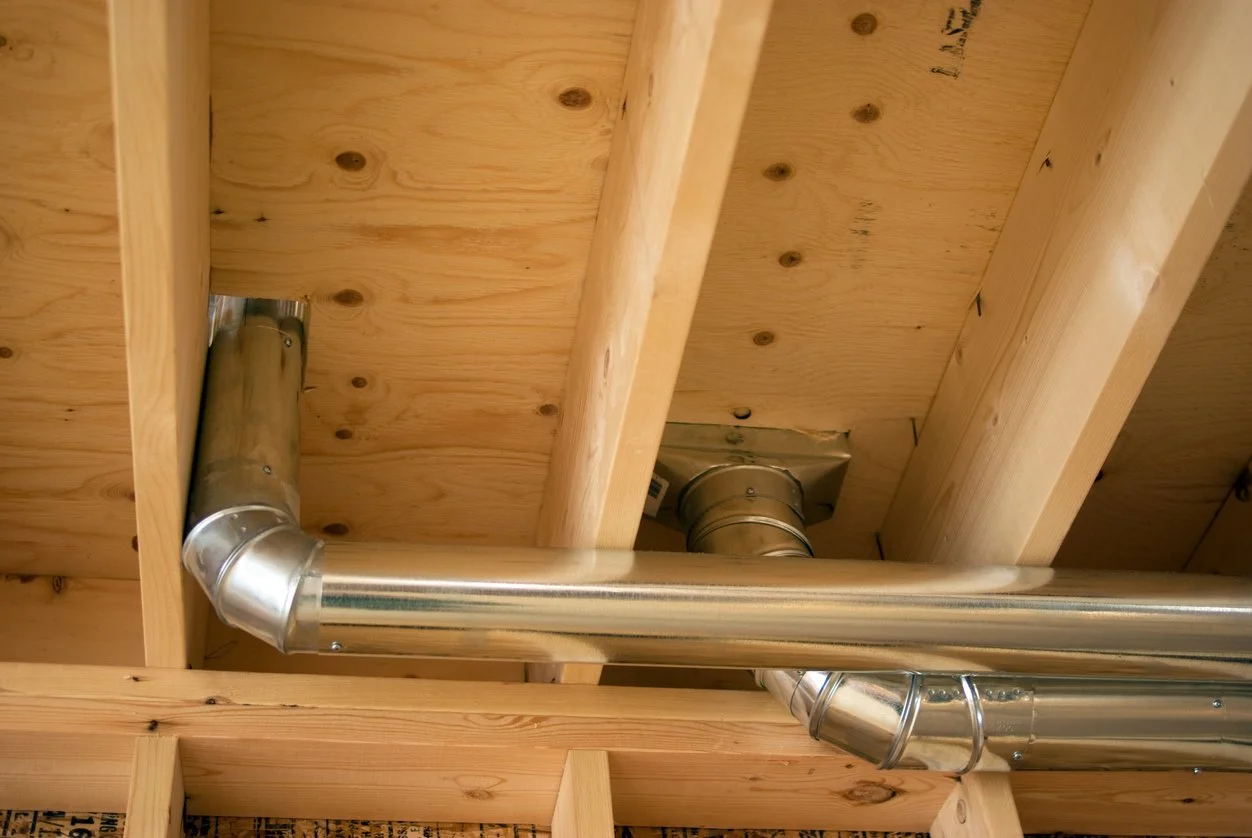Do Not Display
Static pressure in HVAC systems refers to the amount of air resistance present inside your home’s ductwork as the system blower circulates air from the furnace or air conditioner throughout the system. Static pressure that’s too low is not usually a major concern. However, static pressure higher than the specified level can impact system airflow, reduce energy efficiency, and inflict excess wear and tear on critical components.
Causes of High Static Pressure
Ductwork design. The diameter of ducts as well as the number of bends present in the total length of the ductwork system affect static pressure. The specific type of ductwork material also influences airflow pressure.
Condition of ducts. Sagging or collapsing ductwork and improper installation of the ductwork are all factors that can restrict air circulation and increase static pressure.
Dirty or incorrect air filter. A dirty, clogged HVAC air filter or one that is too thick and obstructs airflow excessively is a common cause of increased static air pressure. Replace the filter every month with a quality cotton or polyester filter with a MERV (Minimum Efficiency Reporting Value) ranging from 6 up to 10 to provide the best filtration and keep static pressure low.
Symptoms of High Static Pressure
Noise in ducts. High static pressure inside ducts often causes a loud whooshing or roaring sound as air circulates through the ductwork. It may also result in muffled rattling or banging sounds that can be heard emanating from duct vents in rooms.
Inconsistent temperature control. Because high static pressure imbalances airflow throughout the system, some rooms may receive too much cooled or heated air, while others don’t get enough.
Wear and tear on critical parts. Two parts of a typical HVAC system—the compressor and the blower fan — may be subjected to increased wear when static pressure is excessive. This may require early replacement of these costly components.
For a professional opinion about solutions for excess static pressure in HVAC systems, contact Air Assurance.


